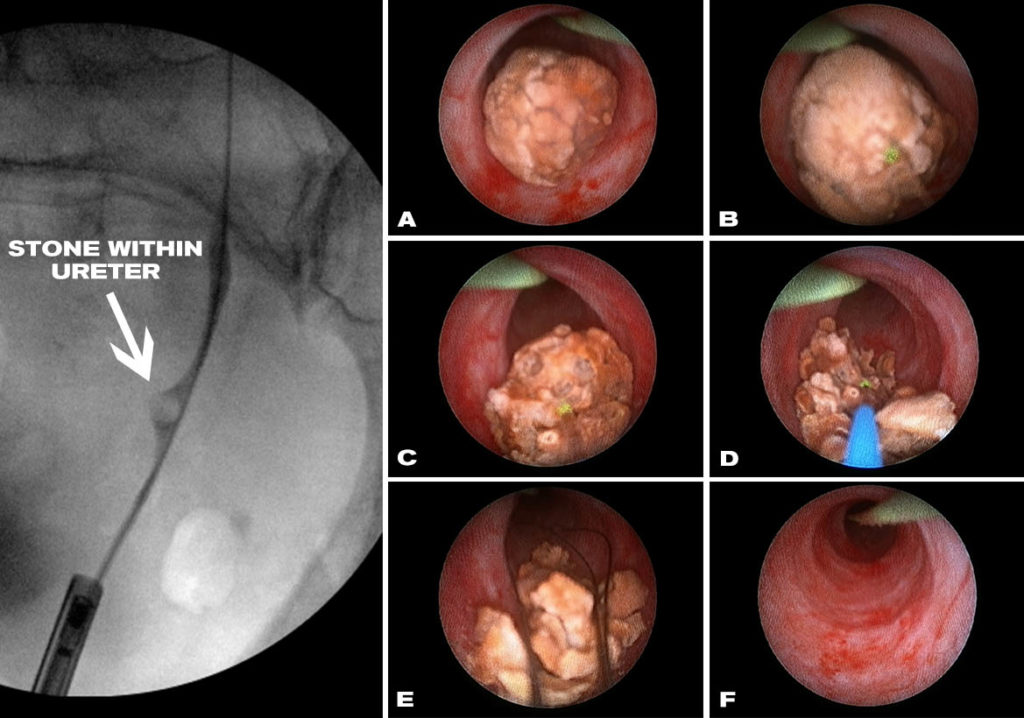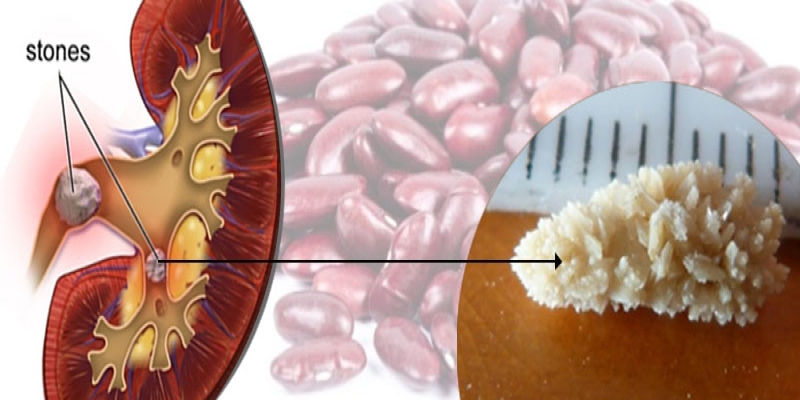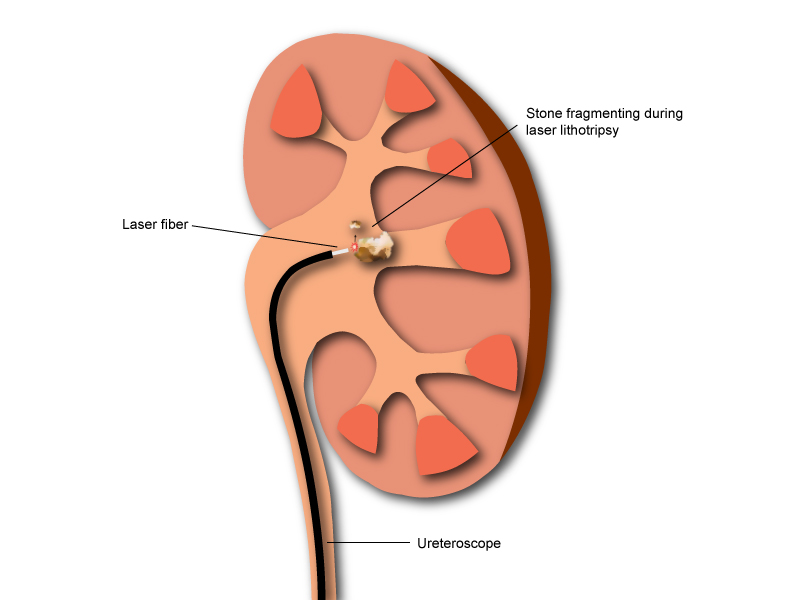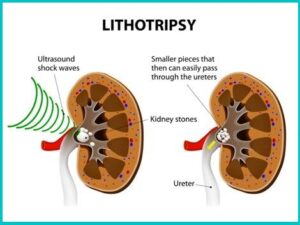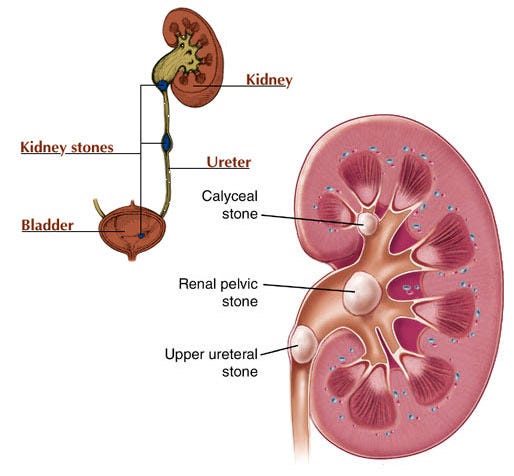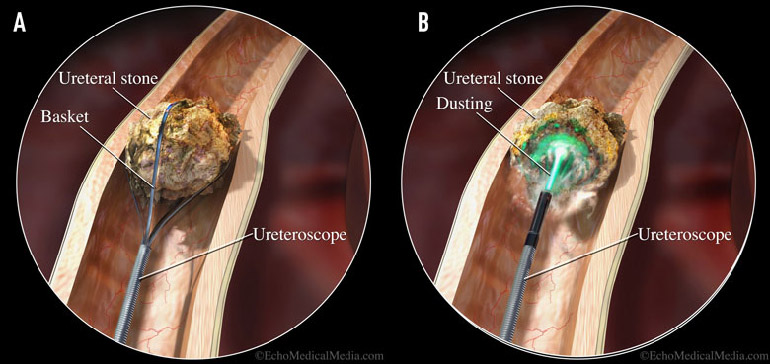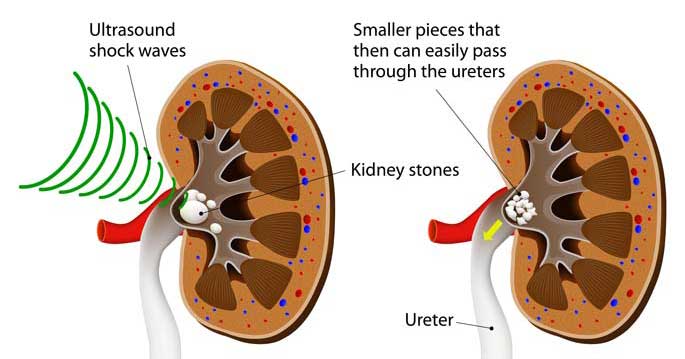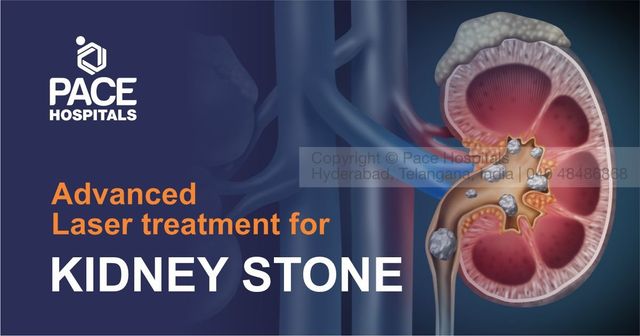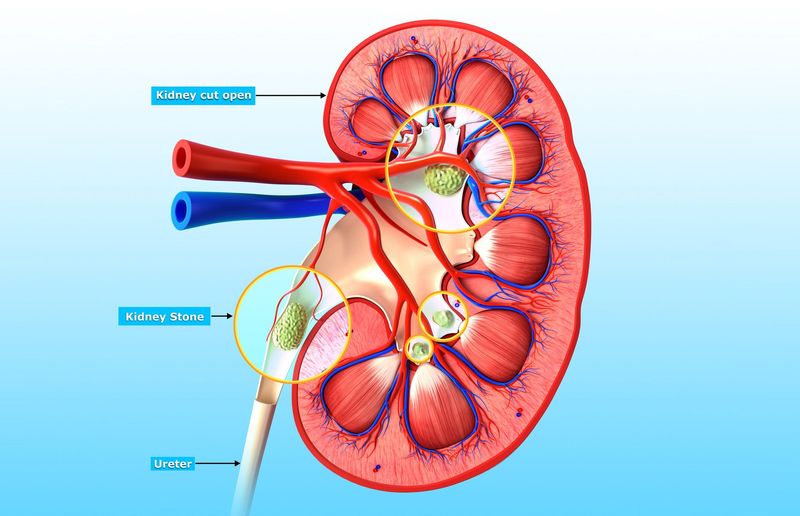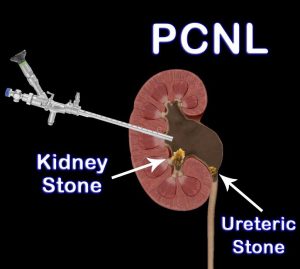Side Effects Of Kidney Stone Laser Surgery

Laser lithotripsy is a way to treat kidney stones.
Side effects of kidney stone laser surgery. The surgery is minimally invasive and requires no incisions on your body. Lithotripsy is a medical procedure that uses shock waves or a laser to break down stones in the kidney gallbladder or ureter. The remaining particles of small stone will exit the body when a. This feeling should go away within a day.
Pain may worsen after urination or physical activity. For several hours after the procedure you may have a burning feeling when you urinate. Surgery always has risks of complications due to its invasive nature and the kidney offers unique sets of complications after the operation. For many patients with a kidney stone stent pain is a problem.
More serious problems are less likely but can include. In the past treatment would mean surgery with more often than not an incision being made. Your renal anatomy stone composition and body habitus all play major roles in determining outcomes and operative approach. Drinking a lot of water can help.
How does laser stone surgery work. Laser lithotripsy for kidney stones. Once the stone is seen a laser fiber is used to transmit holmium energy to break up your kidney stones. The pain can be local to the kidney and bladder area or it may be felt more generally across the abdomen side and back.
However with the advent of technology lasers have now been used as a treatment method for getting rid of kidney stones. Surgery on the kidney is done for many reasons such as transplants removal of the kidney nephrectomy and on the adrenal glands situated on the kidney. Kidney stones affect 1 in 500 americans each year causing significant pain and healthcare expense. A ureteroscopy that uses a laser to break up small kidney stones may take about 90 minutes.
Surgical options for patients with symptomatic kidney stones include extracorporeal shock wave lithotripsy eswl ureteroscopy and percutaneous nephrolithotomy pcnl. An ultrasound may be used to detect kidney stones. You may feel the urge to go even if you don t need to. Once you are asleep a small lighted instrument ureteroscope is placed into your urethra and bladder to access your ureter and kidney.
Shock wave lithotripsy for kidney stones can cause side effects such as cramps or blood in your urine. The type of laser used with the ureteroscope is called a holmium laser.

